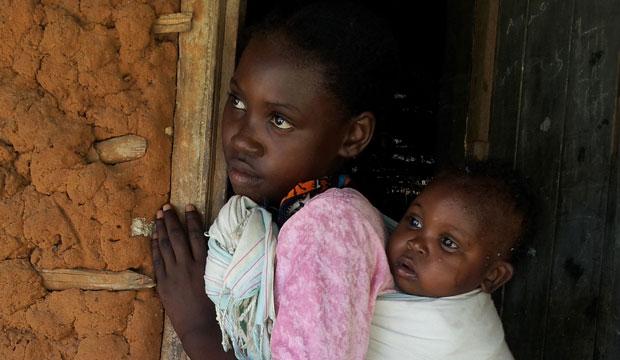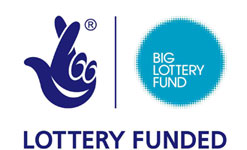
Young girls in Kwale County, Kenya are significantly disadvantaged. They live in a society that is unaware of their potential, and negative community attitudes leave them subjected to daily discrimination, commodification and violence.
Their educational achievement is amongst the lowest in Kenya, with many girls removed from primary school for marriage or work, while girls who stay in school receive a considerably poor quality education, severely limiting their future prospects.
Build Africa is planning to change this. We have successfully raised £1.3 million to address the needs identified in Kwale, with funds committed from the National Lottery (through the Big Lottery Fund) and Comic Relief to support girls in the region.
With this funding, Build Africa will work alongside partners Coalition on Violence against Women (COVAW), Kwale Welfare and Education Association (KWEA) and Build Africa Kenya (BAK) to improve the quality of girls’ primary education in 72 schools.
This will be achieved by ensuring good quality learning experiences and addressing the barriers that stop girls attending, participating and attaining in primary school.
We’re aiming to transform the lives of girls, as well as the wider community:
- The work will assist communities in acknowledging and increasing their capacity to address violence and abuse against girls.
- A holistic approach will contribute to improving community attitudes towards girls’ education, creating an environment where they feel supported in their education.
- Teaching in schools will be transformed as a result of adopting child-friendly and gender sensitive methods.
- For the girls themselves, we’ll help establish an increased understanding of the opportunities available to them, improving aspirations and inspiration to act as positive role models.
Build Africa is proud to begin supporting the needs of girls in Kwale. We look forward to keeping you updated about our work in the region, and telling you stories from the young women whose lives we change.
The project aims to reach 26,020 primary school aged girls, 724 teachers and school staff members, 37,481 parents and boys and community members in three years.


